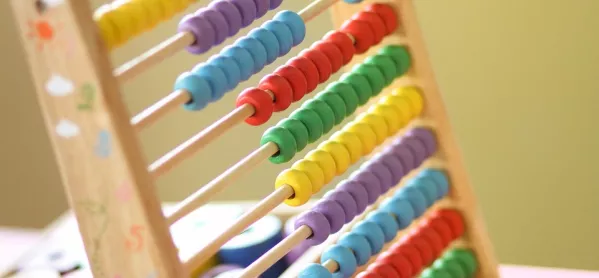Teacher pay strikes remain on the cards in Scotland after the final scheduled meeting today between negotiators from all sides ended with no new deal and the country’s biggest union warning the government and councils that they should not “spurn the opportunity to avoid industrial action”.
Today brought the last meeting organised between the teaching unions, local authorities’ body Cosla and the Scottish government - through the tripartite Scottish Negotiating Committee for Teachers (SNCT) - ahead of the start of the planned strike action ballot a week today.
However, no new offer was made and the EIS, which represents around 80 per cent of teachers in Scotland, said it would “continue moving towards a statutory strike ballot”.
Read and watch: When thousands took to the streets of Glasgow over teacher pay
What campaigners want: Big pay rise to ‘restore’ wages to levels comparable with other countries
What’s on offer: Scottish government insists teachers would get ‘best pay rise of any UK public sector workers’
EIS general secretary Larry Flanagan said: “The lack of any new offer is unfortunate, following last week’s more positive discussions. It will be disappointing if the Scottish government and Cosla spurn the opportunity to avoid industrial action, but once again it looks as though EIS members are going to have to demonstrate just how deep the discontent within Scottish education has become.”
Threat of a teacher strike
He added that pay was just one issue teachers were frustrated about, and cited other problems, including: excessive workload; lack of support for pupils with additional support needs; “pointless” paperwork; growing class sizes and diminishing resources; and teacher stress levels “going through the roof”.
Mr Flanagan said: “No one wants industrial action, but Scotland’s teachers feel compelled to make a stand. No further SNCT meeting has been scheduled, but the teachers’ side is clear that we would be available to meet at any point to work towards a negotiated agreement.”
Last month teachers voted to reject the pay offer put forward by Cosla and the Scottish government.
In a ballot, 57 per cent of EIS members voted to reject the offer of a 9 per cent rise as of April - a series of three 3 per cent increases, the first backdated to April 2018 - and a further 3 per cent rise from April 2020. The turnout was 81 per cent.
Members of other teaching unions took a different view, but with the EIS being by far the largest, it held sway.
Teachers have been pursuing a one-year 10 per cent “restorative” pay rise.




